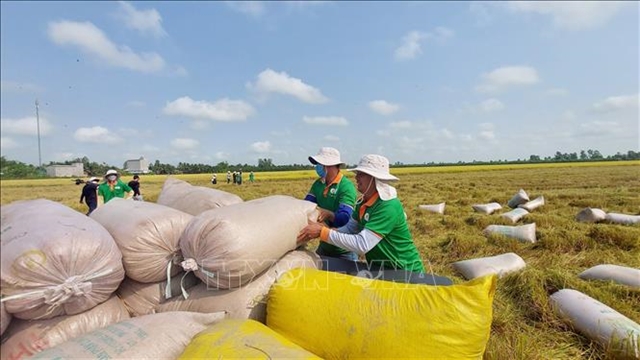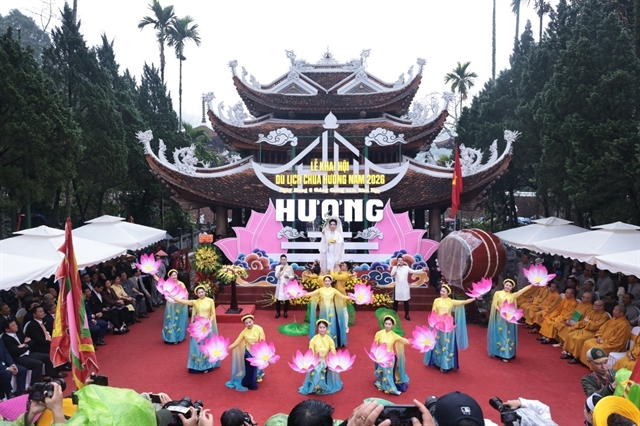 Life & Style
Life & Style

Vinh's speciality oranges have helped to put Nghệ An Province on the map as one of Việt Nam’s biggest orange producers, becoming well known both domestically and internationally.
Quý Dương
Vinh's speciality oranges have helped to put Nghệ An Province on the map as one of Việt Nam’s biggest orange producers, becoming well known both domestically and internationally.
In the subsidised period before the 1980s, the oranges were mainly exported to other socialist countries, including the Soviet Union, where they were loved by many people.
After the collapse of the Soviet Union, exports slowed, but the Vinh orange still won prestige among locals.
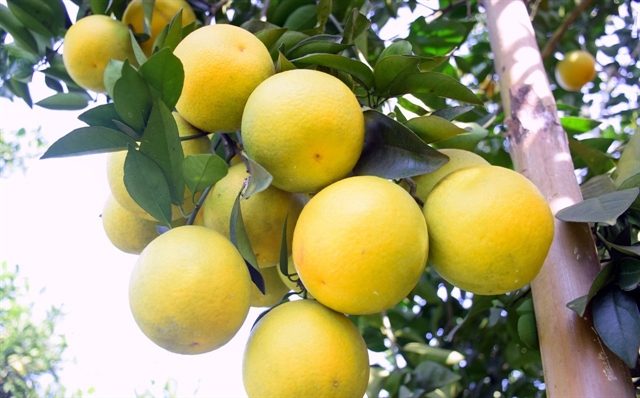
There are several types of Vinh orange but the most famous is from Đoài Village, said Phạm Văn An, who added a popular Nghệ An local rhyme: "Đoài oranges are juicy with its drops of honey. When cutting the orange from front door, its fragrance flies wide and far, all the way to the back door.”
“These verses show off the Đoài orange quality, characteristics and attractiveness,” said An. Apparently, a village elder said that the French were the first to bring orange seeds to grow in Vinh in Nghệ An Province more than a century ago. Several years later, the local people planted many more orange trees in Đoài Village.
Despite this year’s bumper harvest, the Nghệ An orange has not sold well due to the COVID-19 pandemic. Although prices have halved, from VNĐ35,000-40,000, very few traders have come to his garden compared to last year, he said.
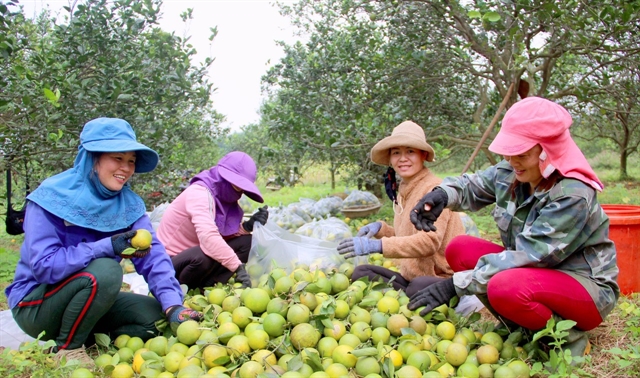
“I have to send the fruits to my relatives in Hà Nội to sell, but purchases still dropped because of the pandemic. Many farmers are facing difficulties including high transportation fees,” An said.
But An is lucky though; recently authorities in Nghệ An Province have helped orange growers to sell their fruits online.
“Thanks to the authorities, we have received many orders from buyers in big cities such as Hà Nội, Hải Phòng, Đà Nẵng, HCM City and others,” An said.
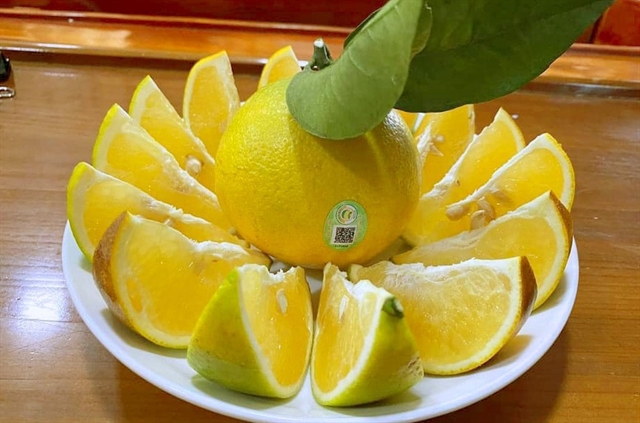
Housewife Nguyễn Thúy Hà, from Hà Nội’s Tây Hồ District, said she loves Vinh oranges.
“When the orange season falls from the tenth lunar month to the third lunar month of next year, I often buy several dozen kilos of oranges for my family to enjoy, but this year our monthly salaries had been much reduced due to the pandemic so we don’t have enough money to buy the fruits as usual.”
Hà said she only dared to purchase ten kilos for her children and parents-in-law, even though they are craving the Đoài oranges.
“My mother-in-law says she misses the sweetness and rich flavour of the fruit while my father-in-law says he is so impressed on the orange’s special fragrance,” Hà said.
Lương Thị Dậu, in the Central Highlands province of Đắk Lắk, said she likes Vinh orange more than others. “I’ve bought a hundred kilos of the fruits online to preserve in sand or baking soda to enjoy it year-round.”
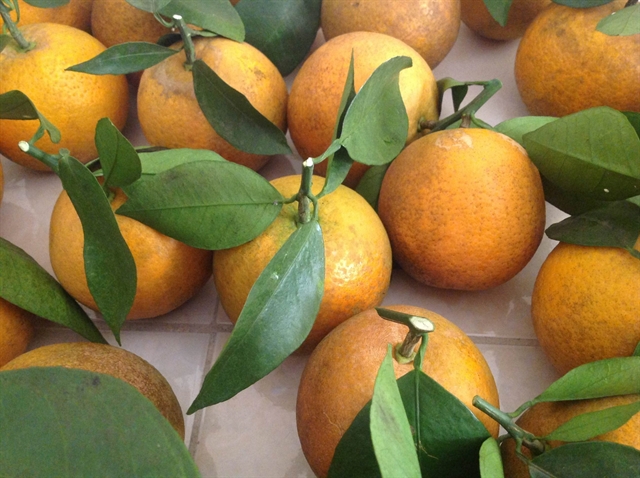
Herbalist Bùi Hồng Minh, from the Nghệ An Traditional Medicines Centre, said the orange is very good for human’s health, particularly for children and the elderly.
“It helps to reduce cholesterol and increase the immune system, and is particularly good for the lungs, and assists to maintain healthy eyes in men because it is rich in carotene,” he said.
Apart from Vinh oranges, Việt Nam also has six other orange specialities. They include king orange or sành oranges (Citrus reticulata sinensis), which are grown widely in the mountainous province of Hà Giang; Cao Phong oranges in Hòa Bình Province, Bù oranges from the central province of Hà Tĩnh; Xoàn oranges planted widely in the Cửu Long (Mekong River Delta) provinces and Canh oranges grown in Vân Canh Village of Hà Nội.
In 2007, Vinh oranges were given geographical indication protection by the Nghệ An Sub-Department for Agro-Forestry Fisheries Quality Insurance. — VNS




